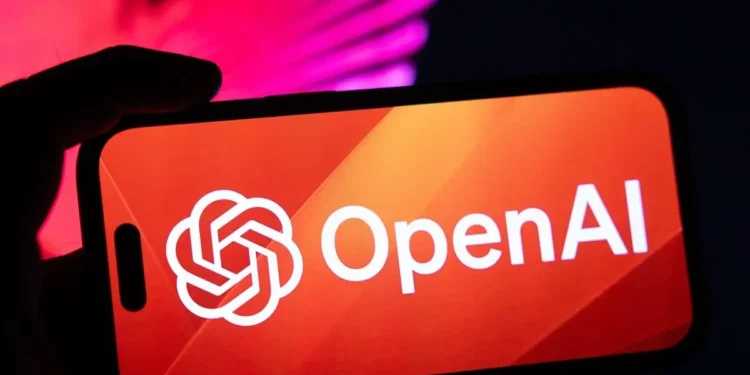OpenAI, the creator of ChatGPT, is facing a new lawsuit from several prominent Canadian media organizations. The lawsuit, filed on Friday in the Ontario Superior Court of Justice, is brought by Torstar, Postmedia, The Globe and Mail, The Canadian Press, and CBC/Radio-Canada. The media outlets accuse OpenAI of infringing on their copyrights by using their articles to train its AI systems without permission or compensation. The legal action claims that OpenAI’s practices violate copyright laws, specifically accusing the company of “infringing, authorizing, and/or inducing the infringement of the news media companies’ copyright in the owned works.”
This legal move adds to a growing list of lawsuits filed by publishers and copyright holders, all accusing OpenAI of using their content to train its automated chatbots like ChatGPT without obtaining proper authorization or providing compensation. The Canadian media outlets involved in this latest case argue that OpenAI routinely scrapes large amounts of content from Canadian news sources to fuel its AI models, profiting from it while bypassing the need for permission or payment.
The statement from the Canadian media companies highlights the broader concern that OpenAI’s actions undermine the work of journalists and news organizations. According to the plaintiffs, OpenAI’s use of their content is both “inappropriate and illegal” and violates Canadian copyright laws. The lawsuit, led by the legal firm Lenczner Slaght LLP, seeks punitive damages and a permanent injunction to prevent OpenAI from using their content in the future.
This lawsuit marks another chapter in a mounting legal battle against OpenAI. Similar lawsuits have already been filed in the U.S. by major outlets, including The New York Times, Chicago Tribune, and Denver Post, all accusing the company of exploiting their content without consent. On the other hand, OpenAI has reached agreements with some organizations, such as Axel Springer, which owns Politico and Business Insider, News Corp., The Associated Press, the Financial Times, Vox Media, and The Atlantic.
Paul Deegan, president and CEO of News Media Canada, which represents the suing companies, expressed his concerns in a statement. He criticized AI companies for “cannibalizing proprietary content,” benefiting from the work of journalists without paying for it. Deegan argued that these companies are “strip mining journalism” and profiting immensely, to the detriment of news publishers who invest significant resources into creating quality content for the public.
This lawsuit further highlights the ongoing tensions between AI developers and media organizations over the use of copyrighted material. As AI technologies continue to evolve and become more integrated into various industries, the legal and ethical implications of using proprietary content to train these systems remain a key issue for content creators worldwide.


